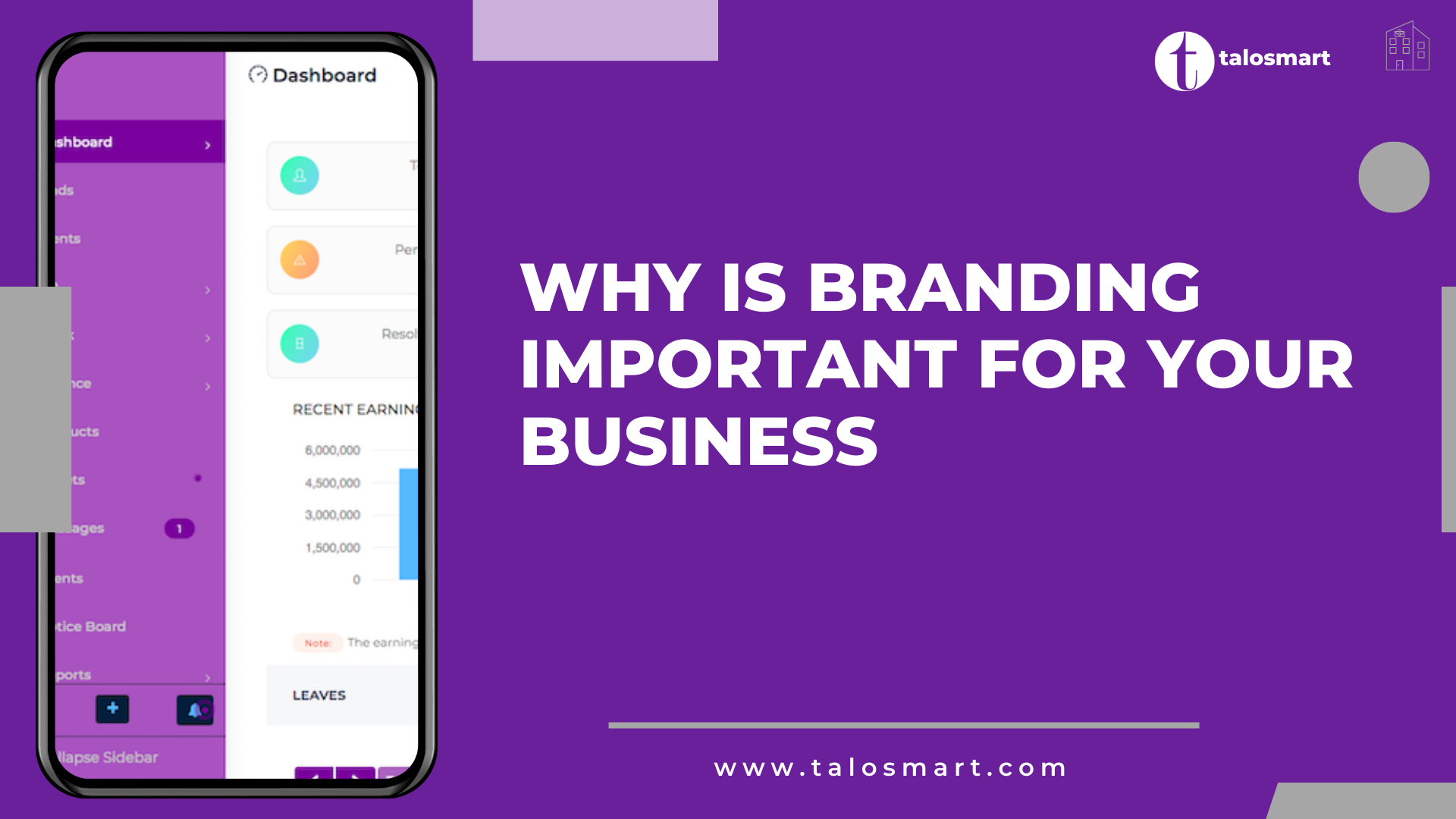In the competitive business landscape, branding is a critical aspect that can make or break a company's success. It goes beyond creating a logo or choosing a catchy tagline. Branding encompasses the holistic process of shaping and defining your business's identity, values, and perception in the minds of your target audience. It is the emotional connection that customers have with your brand, and it plays a pivotal role in influencing their purchasing decisions. Let's explore what branding is, the different types of branding, why it is essential for your business, and the potential consequences of neglecting it.
What is Branding?
Branding refers to the strategic process of establishing a unique and memorable identity for your business. It involves crafting a consistent image, message, and experience that resonate with your target audience. A well-defined brand differentiates your business from competitors, creates brand recognition, and builds a loyal customer base. It encompasses visual elements like logos, colors, and design, as well as intangible aspects such as brand values, personality, and customer perceptions.
Types of Branding:
1. Product Branding: This type of branding focuses on individual products or services within your business portfolio. It aims to create distinct identities for each offering, highlighting their unique features, benefits, and value proposition.
2. Corporate Branding: Corporate branding revolves around establishing and promoting the overarching brand identity of your company. It involves building a strong reputation, credibility, and trust for your business as a whole. Corporate branding often encompasses values, mission statements, and company culture.
3. Personal Branding: Personal branding is associated with individuals, typically business leaders or industry experts. It involves crafting a strong personal identity that aligns with your professional goals, expertise, and values. Personal branding can enhance credibility and create opportunities for career growth and influence.
Why You Need Branding for Your Business:
Differentiation: In a crowded marketplace, branding helps you stand out from the competition. A well-defined brand with a unique identity and value proposition differentiates your business, making it easier for customers to choose you over alternatives.
Brand Recognition: Branding builds familiarity and recognition. Consistent visual elements, messaging, and experiences help customers remember and associate your business with specific qualities, products, or services. This recognition fosters trust and encourages repeat business.
Customer Loyalty: Strong branding fosters customer loyalty. When customers have positive experiences with your brand and resonate with its values, they are more likely to become loyal advocates who repeatedly choose your business and recommend it to others.
Perceived Value: Effective branding enhances the perceived value of your products or services. A strong brand image conveys professionalism, quality, and trustworthiness, allowing you to charge a premium for your offerings.
Emotional Connection: Branding creates an emotional connection with your target audience. It evokes specific emotions and associations, enabling customers to develop a sense of affinity and trust towards your brand. Emotional connections lead to long-term relationships and customer loyalty.
The Consequences of Neglecting Branding:
Lack of Differentiation: Without branding, your business risks blending into the sea of competitors. Customers may struggle to distinguish your offerings from others, resulting in lost opportunities and reduced market share.
Inconsistent Messaging: Neglecting branding can lead to inconsistent messaging and a lack of clarity in communicating your value proposition. This confusion can hinder customer understanding and engagement, impacting your overall brand perception.
Missed Opportunities: Without branding, you may miss out on valuable opportunities for growth and expansion. A strong brand opens doors to partnerships, collaborations, and customer loyalty that can propel your business forward.
Lack of Trust: Building trust takes time and effort. Neglecting branding can hinder your ability to establish credibility and trust with your target audience. Customers may be hesitant to engage with a brand that lacks a clear identity and reputation.
Decreased Market Share: In the absence of branding, your business may struggle to gain market share and compete effectively. Customers are more likely to choose brands they recognize and trust, leaving your business at a disadvantage.
In conclusion, branding is an integral part of building a successful business. It sets you apart from competitors, builds recognition, fosters customer loyalty, and creates emotional connections. Neglecting branding can lead to missed opportunities, decreased market share, and a lack of trust from your target audience. By investing in branding efforts, you can establish a strong and memorable identity that resonates with customers, drives growth, and sets your business on the path to long-term success.

Your experience on this site will be improved by allowing cookies.
 June 29, 2023 - BY Admin
June 29, 2023 - BY Admin